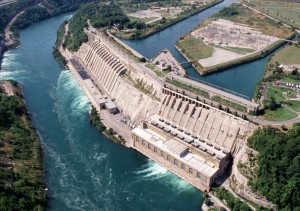A U.S. District Court for the District of Columbia has joined the debate regarding whether the U.S. Fish and Wildlife Service is required to comply with the National Environmental Policy Act, 42 U.S.C. §§ 4321–4347 (NEPA), when designating critical habitat based upon the requirements of the Endangered Species Act (ESA). A geographically based distinction in agency policy has resulted from a split in the U.S. Courts of Appeals on the question of whether an environmental impact statement (EIS) is required for critical habitat designations. The Tenth Circuit Court of Appeals, in Catron County Board of Commissioners, New Mexico, v. United States Fish and Wildlife Service, et al., 75 F.3d 1429, 1436 (10th Cir. 1996), held that the Fish and Wildlife Service must comply with NEPA when designating critical habitat under the ESA. 75 F.3d at 1436. By contrast, the Ninth Circuit, in Douglas County v. Babbitt, et al., 48 F.3d 1495, 1502-07 (9th Cir. 1999), held that the Fish and Wildlife Service does not have to comply with NEPA when designating critical habitat. NEPA is generally understood to be a “procedural statute” that is designed to ensure that federal agencies make fully informed and well-considered decisions. While the U.S. Court of Appeals for the District of Columbia circuit has not had an occasion to rule on this NEPA issue, on November 13, 2015, the U.S. District Court for the District of Columbia issued a Memorandum Opinion agreeing with the Ninth Circuit that NEPA is not applicable to critical habitat determinations. The case is Otay Mesa Property, L.P., v. United States Department of the Interior. Continue Reading ›
 Gravel2Gavel Construction & Real Estate Law Blog
Gravel2Gavel Construction & Real Estate Law Blog





